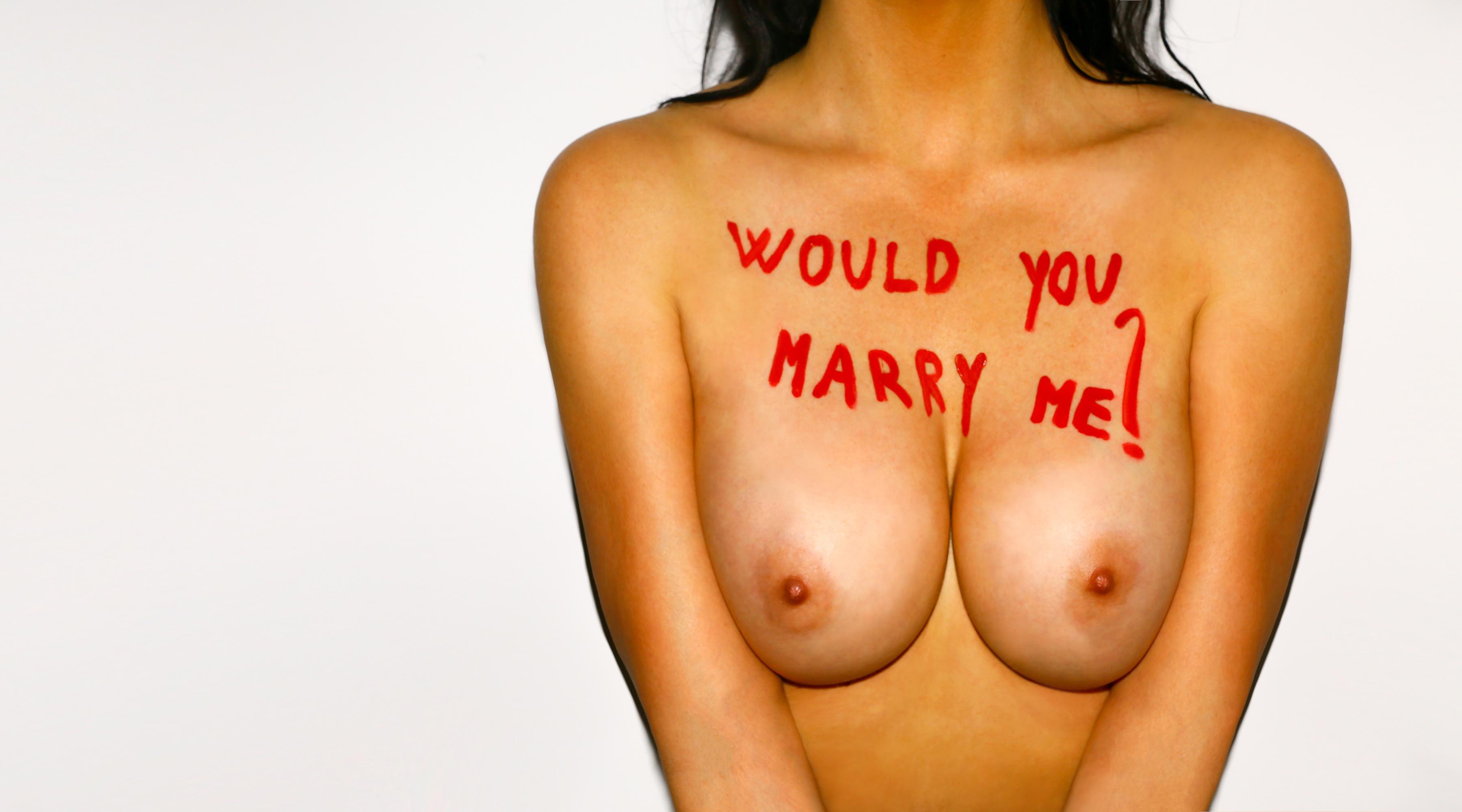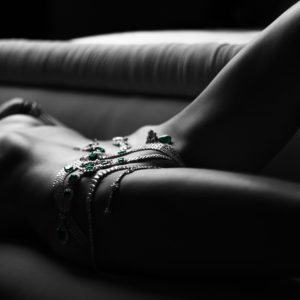The contemporary marriage industry is built on the concept of love. The act of the wedding corresponds to a celebration of that romantic love, which – at least the little girls – dream since they are young. But love is a feeling much older than marriage. Greek philosophers speak of this, including Platone. Romanticism arrives much earlier in the history of humanity than in the institution of marriage. And it must therefore being released from it.
It is important to pay attention on a crude modern concept that, for some aspects, recalls what happened in the past before this sacrament assumed a romantic meaning: the institution of marriage was not used to celebrate love. In the past, people got married more than anything else to allow greater cooperation between the families of different villages. It was not so because of a love affair and it was not linked to God. It was at that time, and still is now, purely a social fact.
Never before this concept has been considered current. In a society with overturned ideals, in which personal welfare and wellbeing come before anything else, every decision we make is only aimed of finding personal fulfillment and gratification.
The reasons? The most varied. The methods? There is no limit.
This is how we decide to have a baby to satisfy our most selfish side and overcome the fear of being alone. Aesthetic surgery is used because we suffer from pathological narcissism. We get married for a social factor. A beautiful woman to exhibit at work dinners, a rich man who can support us in our every desire and request. Is it love? Better to confine it to goodnight fairy tales. We are guided and bewitched by the wrong reasons, sometimes much simpler and more satisfying at least in the short term. We live in a world where the yearning of wealth increasingly influences not only our working choices and social relationships but also the most intimate sphere of love feelings that are intertwined more and more with money.
Looking for a husbandis a reflection on today’s drift of feelings in which all ideals are subverted. It is a denunciation and a joke of the shallows of immaturity that surround us where a bursting breast has more value than a bright brain because it is easier to show off.
Beauty is ephemeral because the criteria for evaluation are ephemeral, leading us to make easy choices that are not destined to last.
That’s what we suddenly go back to the times of the Odyssey and the Song of the Sirens, and let us be bewitched by modern symbols of seduction, distincted by true love, which represent only risk and adventure. And, as in Omero’s story, we are pushed into the oblivion of our existence and our sufferings. The same total oblivion that brought the man of one of the greatest poems ever written to self-destruct, forgetting his mortal condition, drinking or eating. Like him, we become passive, we lose our identity, we get lost; pompous of papier-mache trophies.







